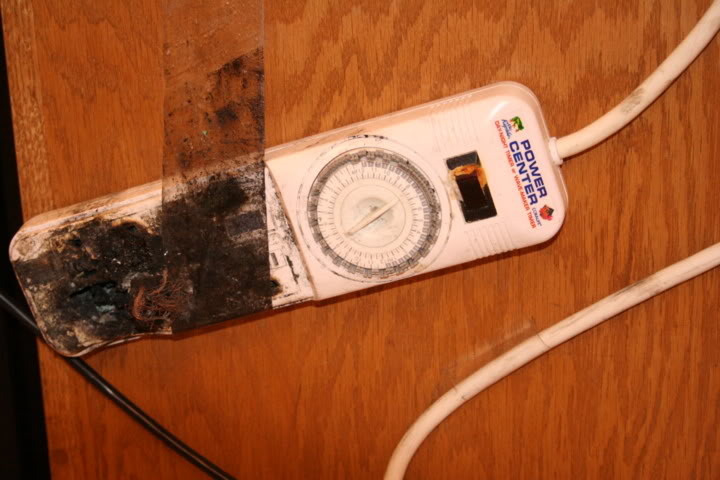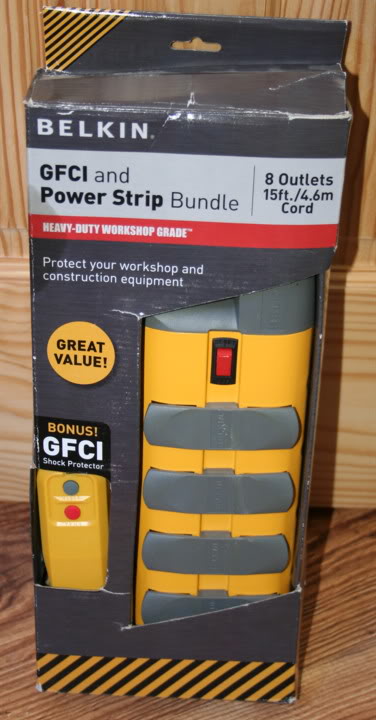Labenator65000
Aquarium Advice FINatic
I have been in the habit of unplugging everything before servicing my tanks, even just for PWCs. Glad I did. The last time one of the hood lights slipped out of my hand and fell in the water. I hate to think what would have happened if that was still plugged in.



